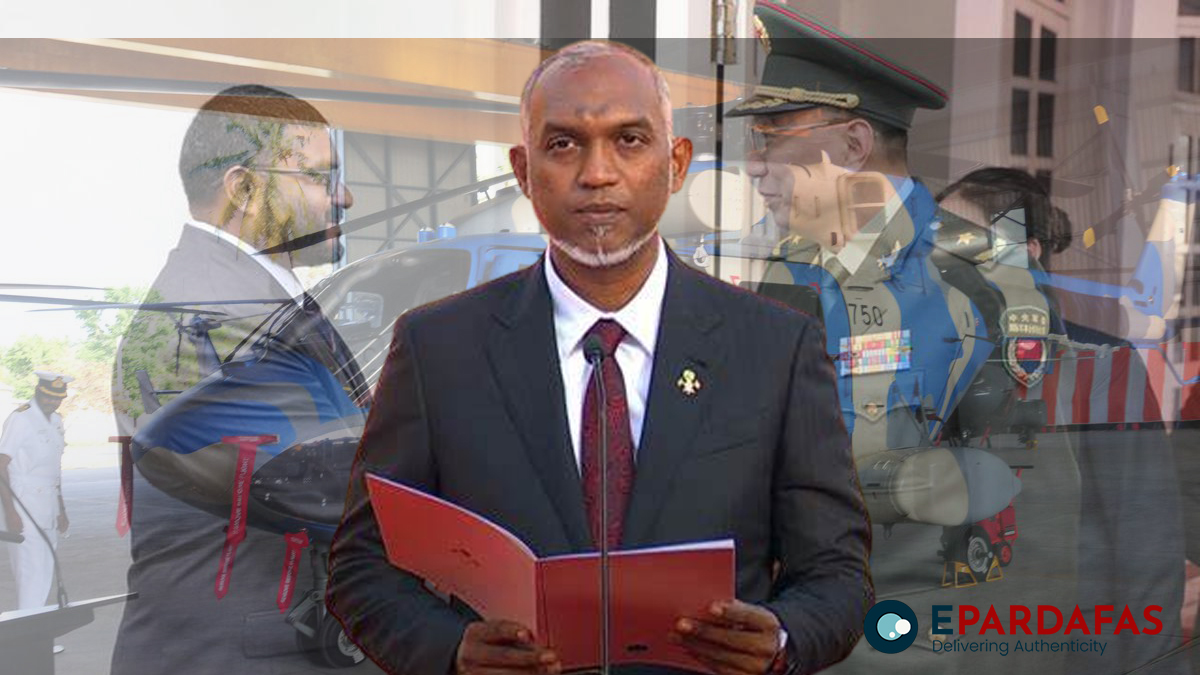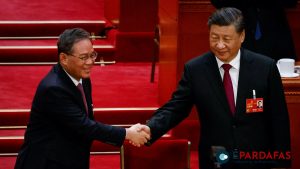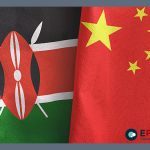
India agrees to technical team in Maldives: Focus is on helping the people
India’s determination to continue to assist the people of Maldives comes out in two recent developments. The first is the deployment of a new technical team, (civilian) to replace the existing military personnel in response to the Maldivian request and second, is the announcement in India’s interim budget for FY 2025 of grant of Rs. 600 crores to support the Maldives, marking an 50% increase from the previous allocation. India has thus chosen to maintain a balance in its foreign policy focused on the Maldivian people when President Mohamed Muizzu’s party, who came to power prioritizing the removal of Indian troops continues to move towards China. The latest indication of this tilt is the signing of a defence pact with Beijing.
When President Muizzu announced his government’s decision to request India to withdraw military personnel, India silently prepared the ground for a subsequent agreement which allowed India to maintain operational aviation platforms in the Maldives, crucial for humanitarian aid and medical evacuation, with civilians manning these platforms. India’s policy direction was well summed up by External Affairs Minister Dr. S. Jaishankar who emphasized India’s commitment to benefitting the Maldivian people. This lies at the heart of India’s decision to accept the Maldivian request to withdraw its military personnel.
The initial discord over bilateral ties has not obstructed India from continuing its significant development assistance to the Maldives, evident in the recent increase in the annual aid budget. In the Interim Budget for the Fiscal Year 2025, India announced a grant of Rs. 600 crores to support the Maldives. The strong relationship between India and the Maldives is rooted in a shared history, culture, and trade. India’s Prime Minister Narendra Modi has, from time to time, underscored the importance of the Maldives as a key partner in the Indian Ocean region. India’s policy towards the Maldives, therefore, focuses on economic, cultural, and strategic cooperation, aligned with its ‘Neighbourhood First’ policy aimed at fostering peace and development in the region.
Meanwhile, India has initiated the replacement of its military personnel in the Maldives with civilian technical staff. The first team has arrived to assume control of a helicopter in Addu, the southernmost atoll. This is part of the agreement between India and the Maldives, under which India will withdraw all approximately 70 military personnel by 10 May 2024. This transition marks a significant shift in India’s military presence in the Maldives, signalling a commitment to diplomatic engagement and cooperation in the region.
Notably, it has not been smooth sailing domestically for President Muizzu in fulfilling his election promise to evict India’s military presence. Opposition parties like the Maldivian Democratic Party and the Democrats have criticized his foreign policy decisions, particularly his alleged shift towards China. They argue that actions such as requesting the withdrawal of Indian troops and prioritizing a visit to China undermine the country’s relationship with India. This discontent culminated in clashes between pro-government and opposition lawmakers in Parliament.
The historical ties between the Maldives and India date back centuries, with scholars even suggesting shared ancestry between the Maldives and southern India. This connection is reflected in the Dhivehi language, an Indo-Aryan language, which incidentally is also spoken in the Minicoy Island, an atoll in the Indian island territory of Lakshadweep. Over time, trade, education, and cultural exchanges, including entertainment through Hindi music, have strengthened the bond between the two nations. In recent years, healthcare has emerged as a significant area of cooperation, with India becoming a preferred destination for Maldivians seeking medical treatment. The Indira Gandhi Memorial Hospital, built with Indian aid, stands as a testament to this collaboration. Furthermore, tourism between the two countries has thrived, underscoring the vital role tourism plays in the Maldivian economy. The Indian private sector has also made substantial contributions to the development of the Maldives, undertaking various projects across different sectors.
President Muizzu of the Maldives has expressed a desire for closer ties with China, potentially paving the way for adjustments to the 2017 Free Trade Agreement (FTA) between the two countries. Of particular concern is the revised tariff structure, which classifies Chinese imports into three categories: immediate tariff removal, gradual elimination, and no change from 2014 levels. Importantly, any Chinese goods, even if indirectly imported, fall under the FTA, raising concerns about potential impacts on the Maldivian economy. Given that China is already a major source of imports for the Maldives and contributes significantly to government revenue through tariffs, eliminating these tariffs could have adverse effects on national debt. This could force the government to choose between increased internal borrowing or domestic tax hikes, both of which could negatively impact household spending and potentially shrink the Maldivian economy.
India’s recent deployment of technical personnel to the Maldives exemplifies a responsive approach to regional dynamics. Despite initial concerns regarding Indian troop withdrawal, a bilateral agreement has enabled India to retain essential aviation platforms for humanitarian aid. India’s commitment to the people is evident through its amplified aid budget and diplomatic focus, which underscores mutual growth for mutual benefit. Amid geopolitical shifts, India’s nuanced approach showcases diplomatic finesse and exemplifies flexibility to adjust policy in the face of opposition by the incumbent government in the Maldives.
















Comments